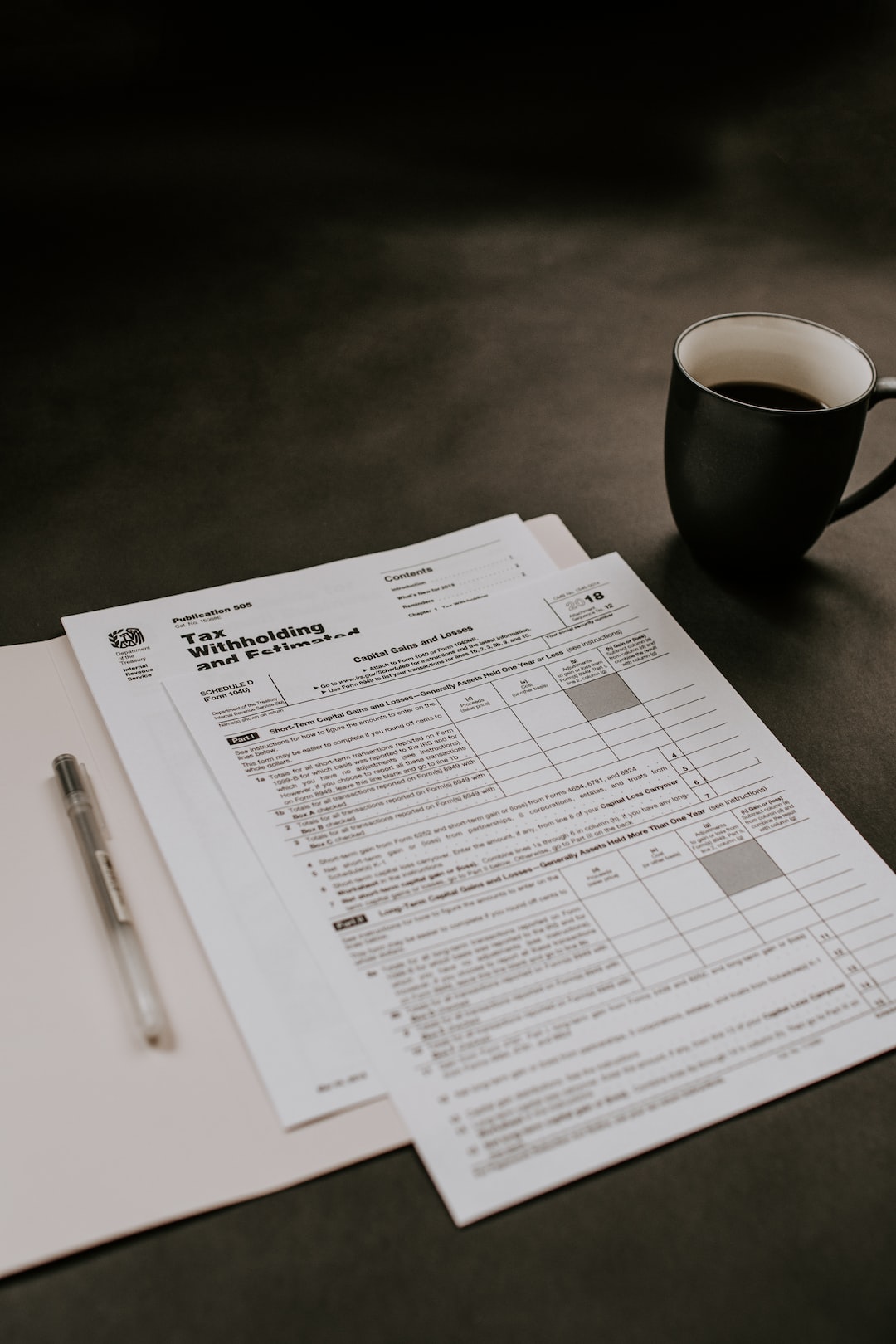Forex trading is the buying and selling of currencies for the purpose of making a profit. It is a highly volatile market that requires a great deal of skill, knowledge, and discipline to be successful. Psychologists have always been interested in studying human behavior and decision-making processes, and forex trading provides a unique opportunity to study the psychology of traders.
Psychology in forex trading is an important aspect that cannot be ignored. It is not just about understanding the market and analyzing data; it is also about understanding your own behavior and how it can affect your trading decisions. The human mind is a complex machine that can be influenced by many factors, such as emotions, biases, and cognitive errors.
One of the key psychological factors that affect forex trading is emotions. Traders can experience various emotions during the trading process, such as fear, greed, anxiety, and excitement. These emotions can have a significant impact on their decision-making process, and can lead to irrational behavior and poor trading decisions.
For example, fear can cause traders to close their positions too early or avoid taking risks, while greed can cause them to take on too much risk and make impulsive decisions. Anxiety can cause traders to second-guess themselves, and excitement can cause them to become overconfident and take unnecessary risks.
Another psychological factor that can affect forex trading is cognitive biases. These are mental shortcuts that the brain takes when making decisions. They can be helpful in certain situations, but can also lead to errors in judgment when applied to the forex market.
For example, confirmation bias is the tendency to seek out information that confirms our existing beliefs while ignoring information that contradicts them. In forex trading, this can lead to traders only looking for data that supports their current positions, and ignoring data that suggests they should close out their positions.
Similarly, anchoring bias is the tendency to rely too heavily on the first piece of information we receive when making a decision. In forex trading, this can lead to traders placing too much emphasis on initial market data and failing to adjust their positions as new information becomes available.
To be successful in forex trading, traders need to be aware of these psychological factors and develop strategies to mitigate their impact. This can be done through various techniques, such as developing a trading plan, practicing mindfulness, and using risk management tools.
Developing a trading plan is essential for any trader, as it provides a framework for making decisions and helps to reduce the influence of emotions and biases. A trading plan should include entry and exit points, risk management strategies, and rules for managing trades.
Practicing mindfulness can also be helpful in forex trading, as it allows traders to be more aware of their emotions and thought processes. This can help them to recognize when they are experiencing biases and make more rational decisions.
Finally, using risk management tools such as stop loss orders and position sizing can help traders to manage their risk and reduce the impact of emotional and cognitive biases. By setting clear risk limits and sticking to them, traders can avoid making impulsive decisions and keep their emotions in check.
In conclusion, psychology plays a crucial role in forex trading. Traders need to be aware of their own emotions and biases, and develop strategies to manage them. By doing so, they can make more rational decisions and increase their chances of success in this highly competitive market.






